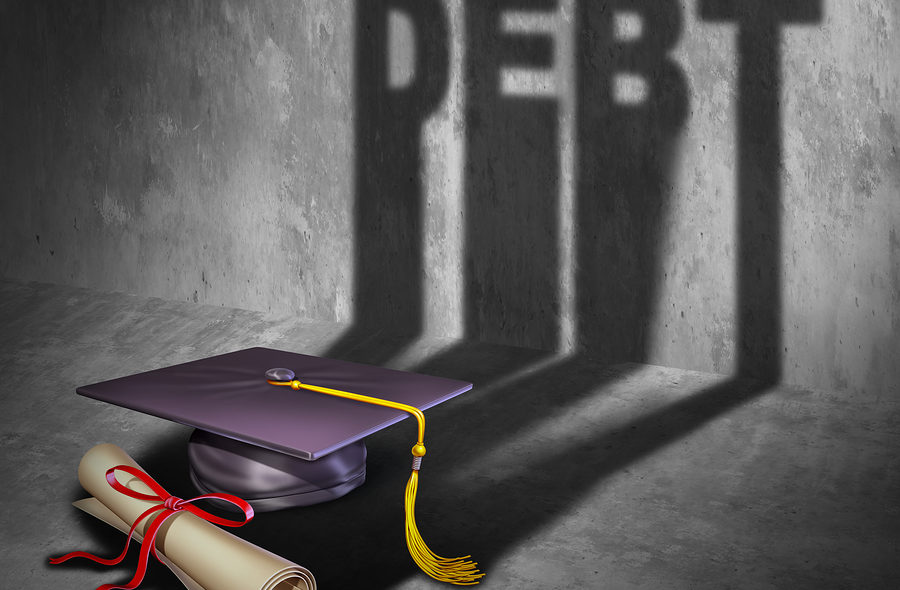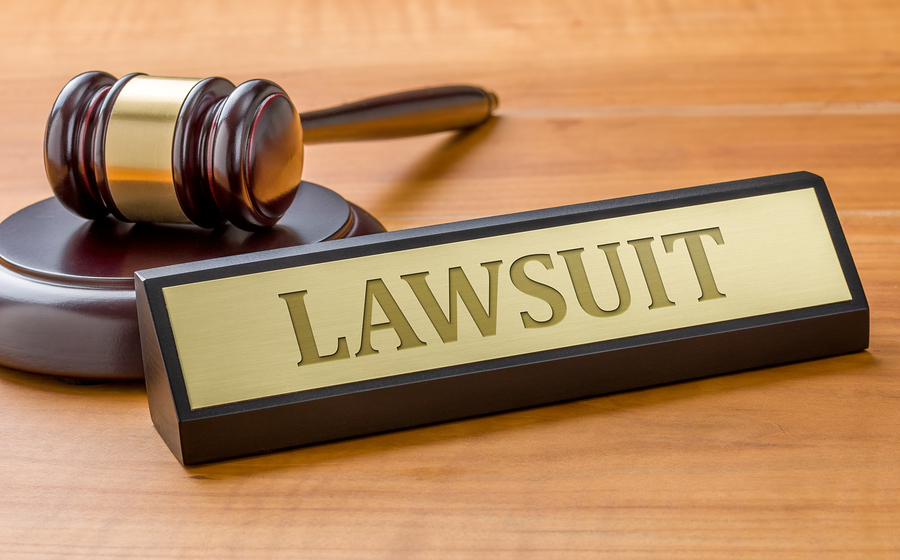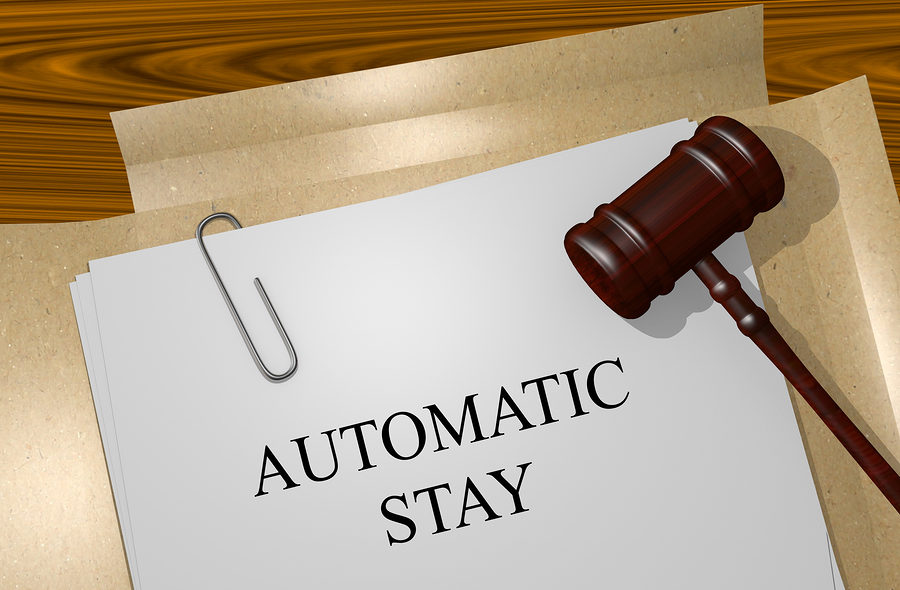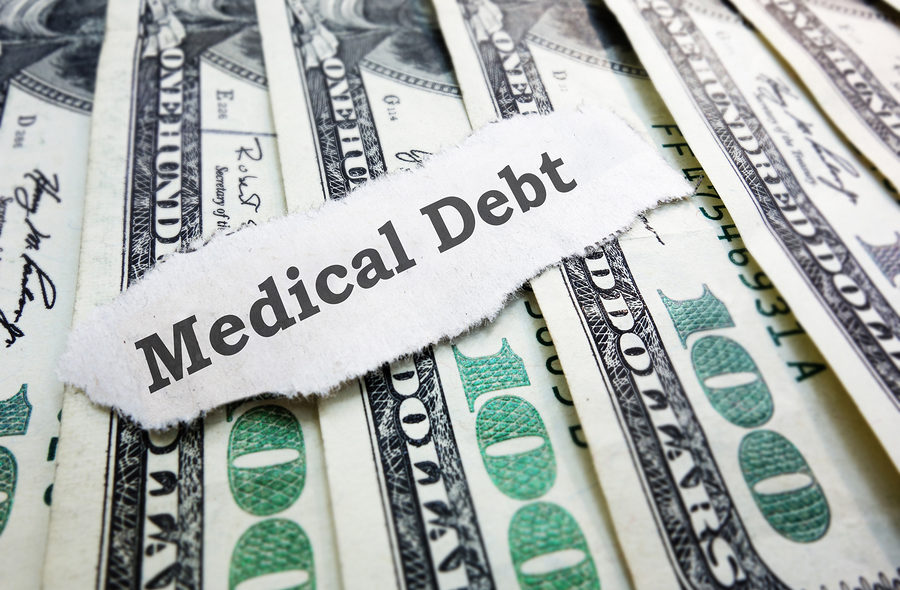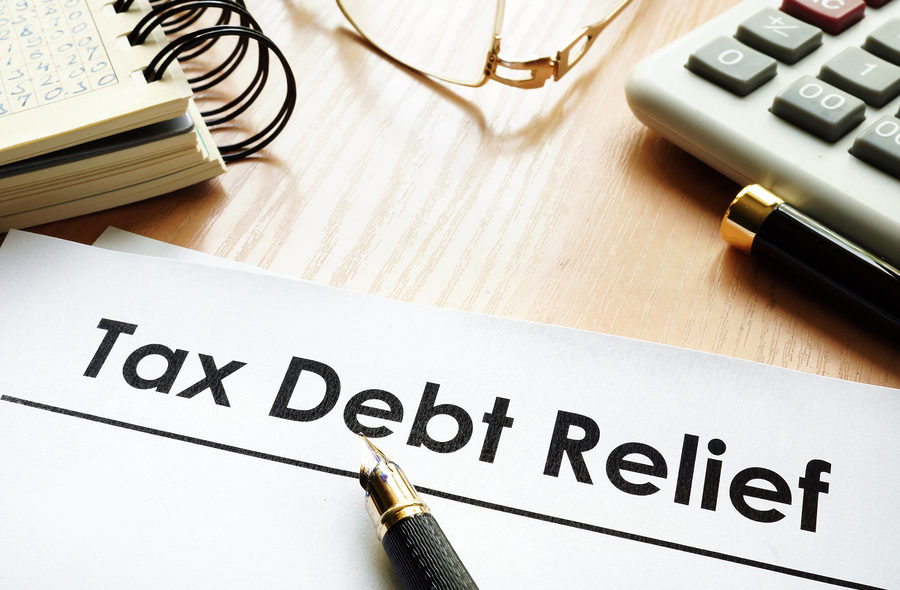One of the biggest concerns consumers have when it comes to filing for bankruptcy is how long will the bankruptcy remain on their credit report. While a bankruptcy does hurt a person’s credit score, the effect it has depends on several different factors. Ultimately, it depends on the type of bankruptcy being filed and the financial habits exercised by the consumer after the case is over.
Chapter 7
A Chapter 7 bankruptcy case will stay on a consumer’s credit report for ten years from the date of filing. A Chapter 7 bankruptcy case is also known has a liquidation bankruptcy. This form of bankruptcy is normally used by people who have defaulted on their financial obligations and fall below a certain income threshold.
In a Chapter 7 bankruptcy case, the bankruptcy trustee has the authority to liquidate the borrower’s nonexempt assets and use them to pay down qualifying debts. The remaining debts, which are mostly unsecured ones, are discharged. Chapter 7 forgives debts including credit card debts, medical bills and unsecured personal loans. Certain debts, including taxes, criminal fines, child support, spousal support, and student loans, are not discharged usually in a Chapter 7 case. Not all consumers can pursue a Chapter 7 case, however. They must first pass a means test to ensure that their income and asset-to-debt ratios satisfy the requirement to file for Chapter 7 bankruptcy.
A consumer’s credit score can drop by as much as 200 points after filing for Chapter 7 bankruptcy. However, the alternative can be much worse if bankruptcy is not filed and the consumers ends up with multiple defaults and collections on his or her record. By exercising good financial habits over time, a person’s credit score can certainly be rebuilt.



